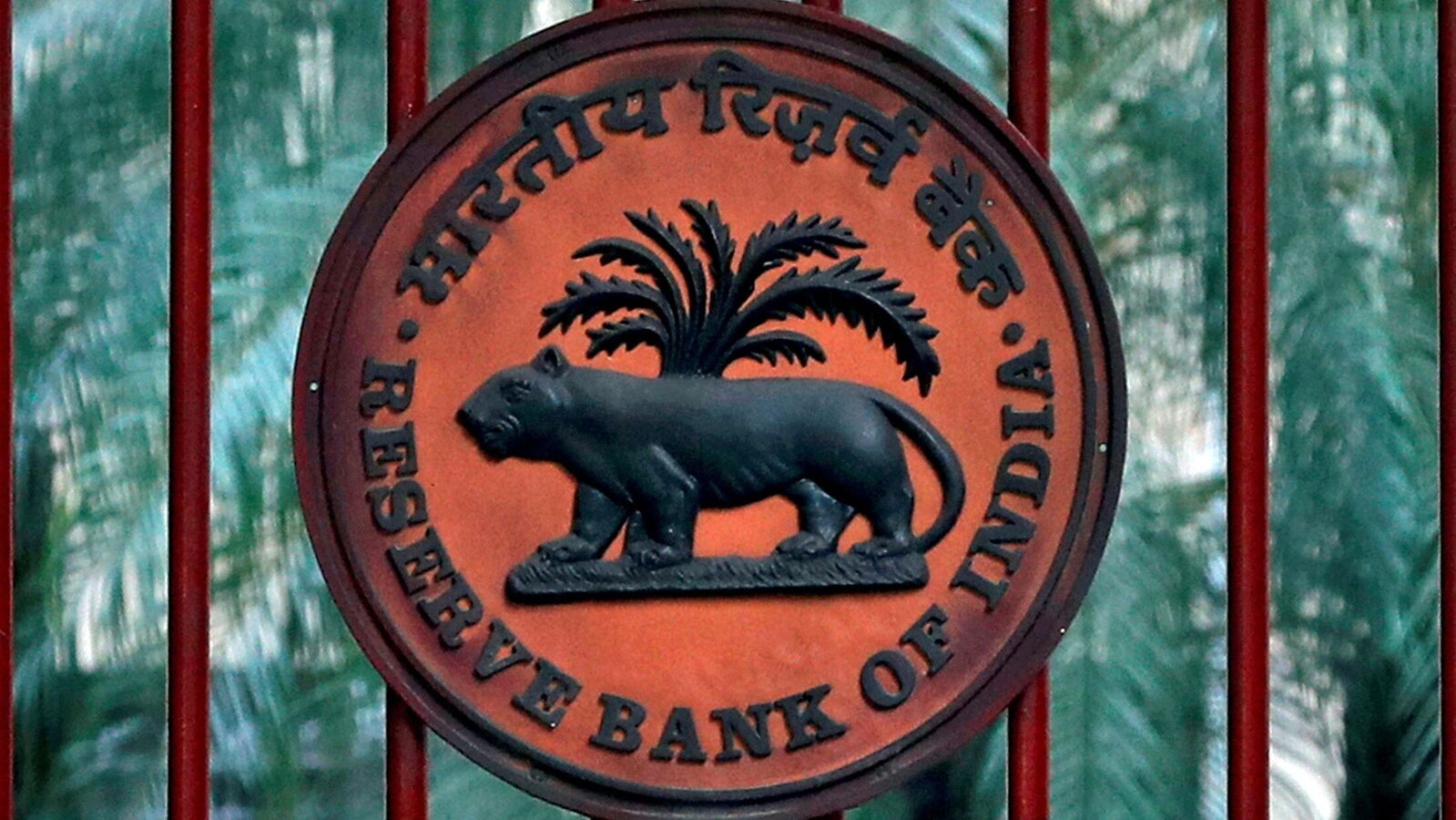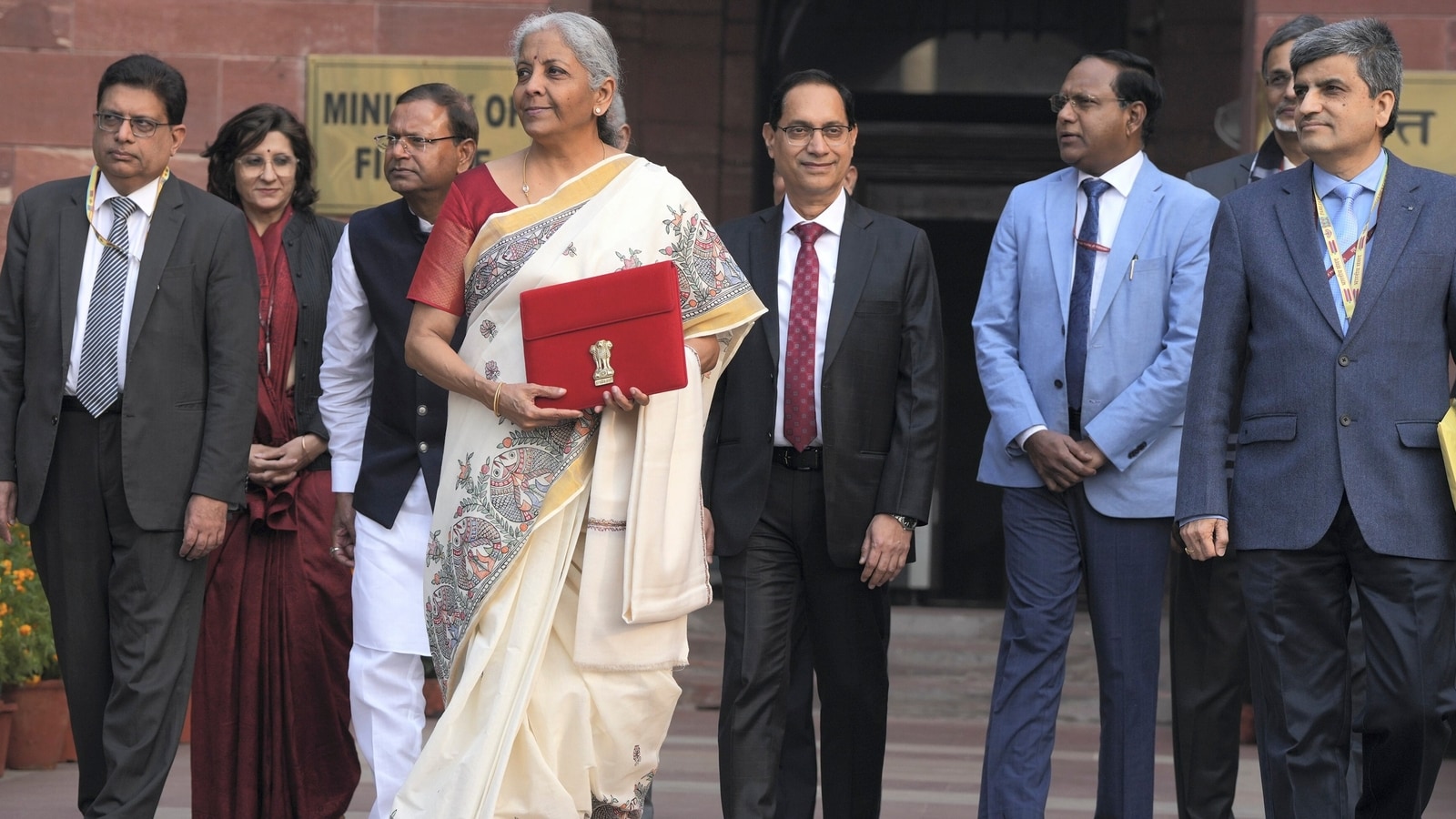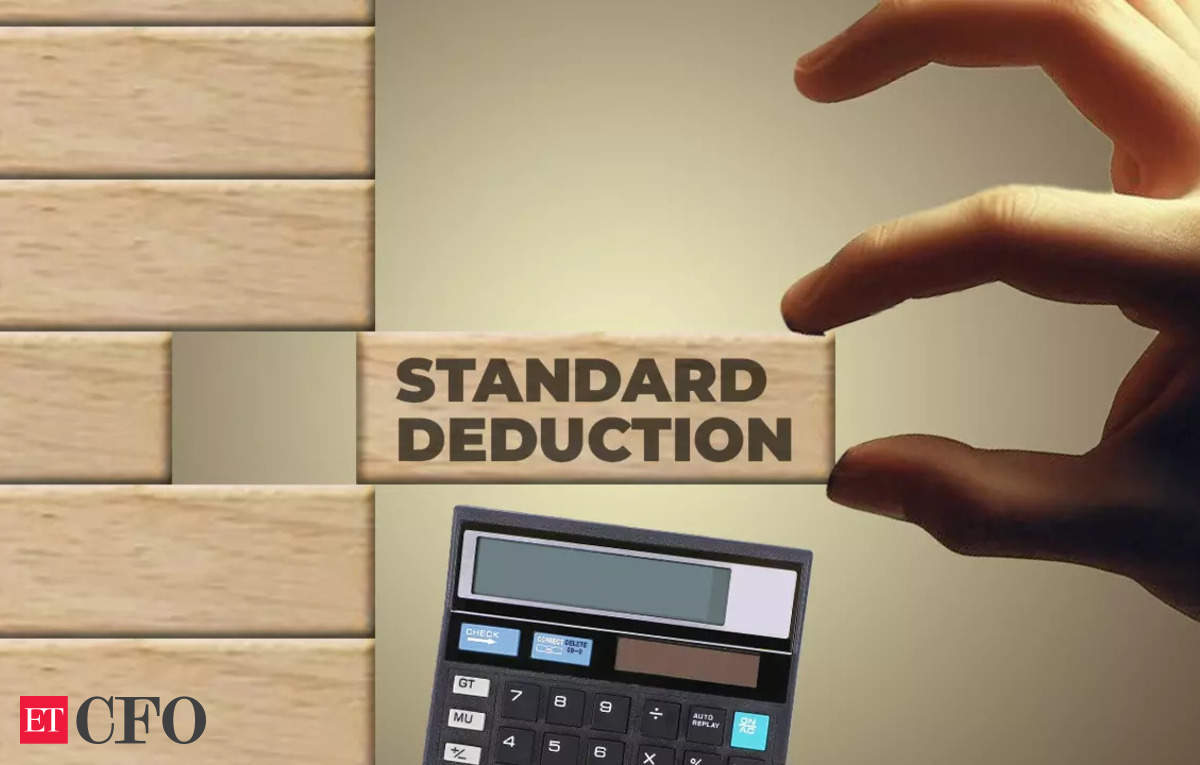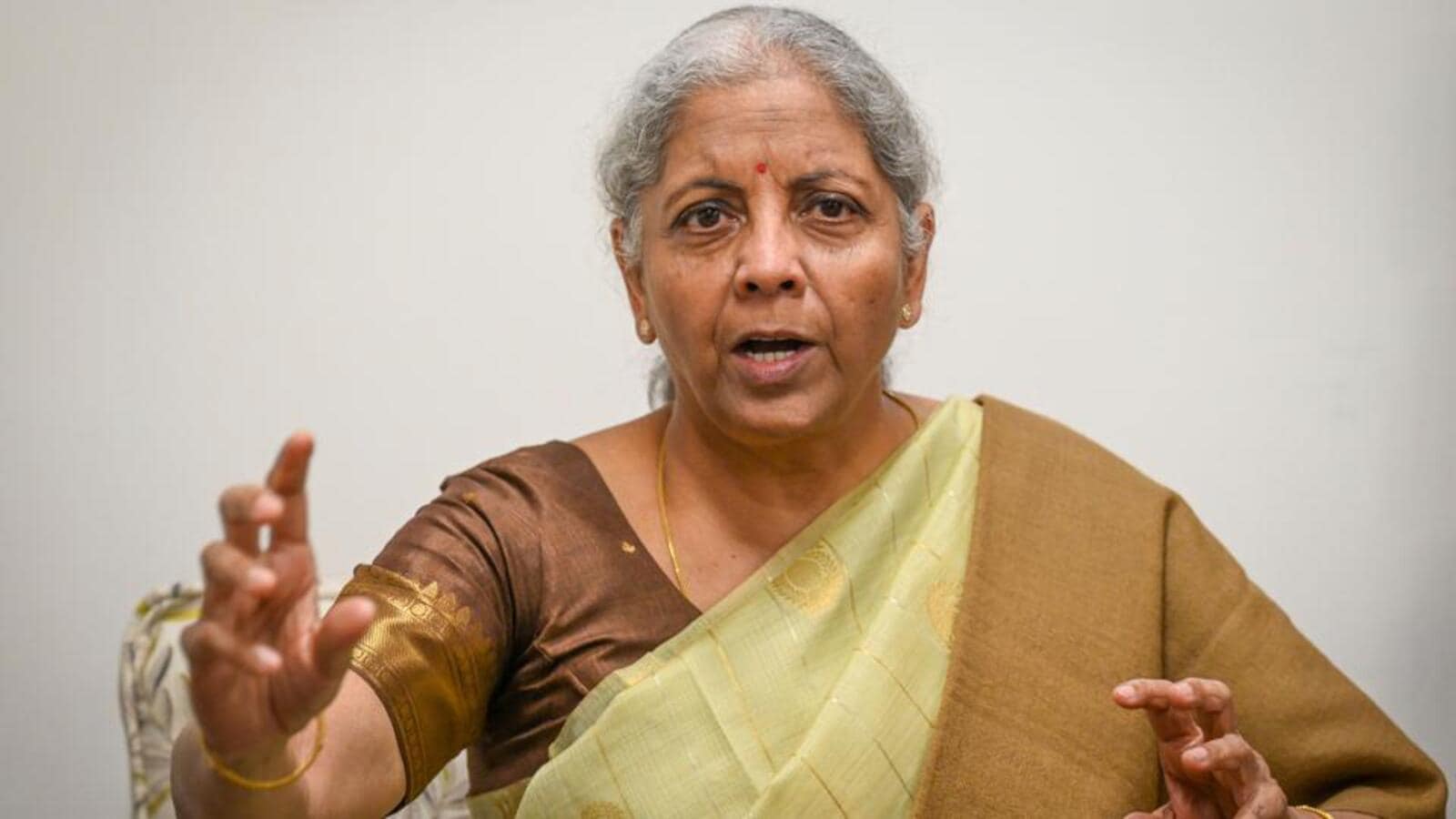India’s central bank on Wednesday warned some non-bank lenders against disbursing cash loans in excess of the permissible limit of 20,000 rupees ($240), according to two sources and a letter seen by Reuters, a move that is likely to stop large cash payouts to those borrowing against gold.
The central bank’s advisory comes within weeks of regulatory action against IIFL Finance, India’s second-largest gold loan player, for violation of cash disbursal and other norms.
Retail credit in India has been growing at a rapid clip, with loans against gold rising threefold over the last four years.
A significant portion of gold loans are being disbursed in cash, at least a dozen sources told Reuters.
None of the sources wished to be identified as they are not authorised to speak with the media.
India prohibits lenders from handing out cash loans in excess of 20,000 rupees to customers, as per income tax rules.
Non-bank finance companies (NBFC) have been flouting this rule and have been handing over large cash loans by asking customers to sign an ‘indemnity’ for accepting liability against income-tax actions, sources told Reuters.
This has resulted in the Reserve Bank of India (RBI) stepping up vigilance against non-complying lenders to protect customer interest and avoid build up of systemic risk, one of the sources said.
On Wednesday, the RBI’s letter reiterated the law.
“Please refer to provisions of Section 269SS of Income Tax Act, 1961, which stipulates that no individual can receive more than 20,000 rupees as loan amount in cash,” the central bank said.
“Consequently, no NBFC should disburse loan amount in excess of 20,000 rupees in cash.“
The central bank did not immediately respond to an email seeking comments.
Non-bank lenders that give out loan against gold “have been facing intense competition from smaller players”, pushing them to take “excessive risks like going above the cash disbursement limit”, a source aware of the central bank’s thinking said.
Shares of gold-loan financiers Muthoot Finance and Manappuram Finance fell as much as 2.4% and 4.3%, respectively, after the Reuters reported the advisory.
“The RBI probably wants to limit creation of ‘black money’ in the system and close any loophole related to existing rules around Income Tax which some NBFCs were possibly violating,” Amit Khurana, head of equities at Dolat Capital said.
Source link
Visit www.cagurujiclasses.com for practical courses











